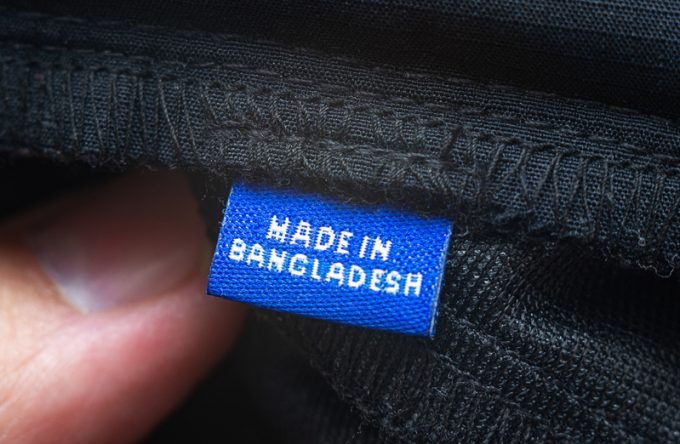Congestion at Chittagong as boxes pile up on docks and ships wait at anchor
Bangladesh’s main container gateway, Chittagong port, is grappling with severe congestion and vessels backing up, ...

Apparel manufacturers in Bangladesh have called on the government to immediately resolve complications over the flag vessels act, which has been causing disruption in the import of raw materials and garment exports.
The Bangladesh Garment Manufactures and Exporters Association (BGMEA) says strict enforcement of the Bangladesh ...

Comment on this article